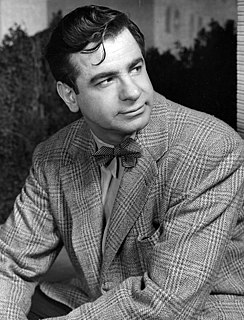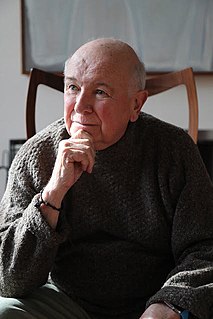A Quote by Gillian Jacobs
I think when you have some success as a kid, your notion of being a good actor is pleasing the director, doing exactly what they tell you to do.
Related Quotes
Film is such a director's medium; you're really in their hands in terms of the real storytelling. As an actor, you can give a performance moment to moment and some of your takes will be used and some of them won't. I think there are great films you can make with bad performances, and vice versa. There are all combinations of those things. It's really down to the director what happens, I think, so that's why it's really good to work with very talented, bold directors.
If you can't fail then how can you possible develop as a communicator or as a creator of anything? We are locked into a deeply unhealthy notion that somehow you've got to succeed all the time. An appalling notion. Any painter or writer will tell you that that is no way to proceed. One of the things that will kill off a decent actor, especially a young actor early on and they will never recover from it, is too much success. It's disastrous. You stop being criticized, therefore you stop challenging yourself. You then can't afford to fail because there's too far to fall.
Talking about the fact that I get depressed or that I've had some suicidal issues in my life is not easy. I don't know of many comedians who are going all in on that. In some sense, I think I've maybe sacrificed some momentum doing that. In another sense, I'm in a place where if I can talk about that and if it helps some kid in a way that gives them some help that wasn't available to me when I was a kid, then I gotta do that. Put being a good person first. If you have a platform, use it for stuff that's noble and good and worth putting out in the world.
As an actor, it's always important to understand what the director is after. That, to me, is my job. When I'm acting, I like to ask a lot of questions and understand exactly why the director is doing what they're doing, so that I can provide him or her with the ingredients that they need to get the scene that they want. It's not to challenge them, in any way. It's just so that I can do my job best.
Work with good directors. Without them your play is doomed. At the time of my first play, I thought a good director was someone who liked my play. I was rudely awakened from that fantasy when he directed it as if he loathed it. . . . Work with good actors. A good actor hears the way you (and no one else) write. A good actor makes rewrites easy. A good actor tells you things about your play you didn't know.



































